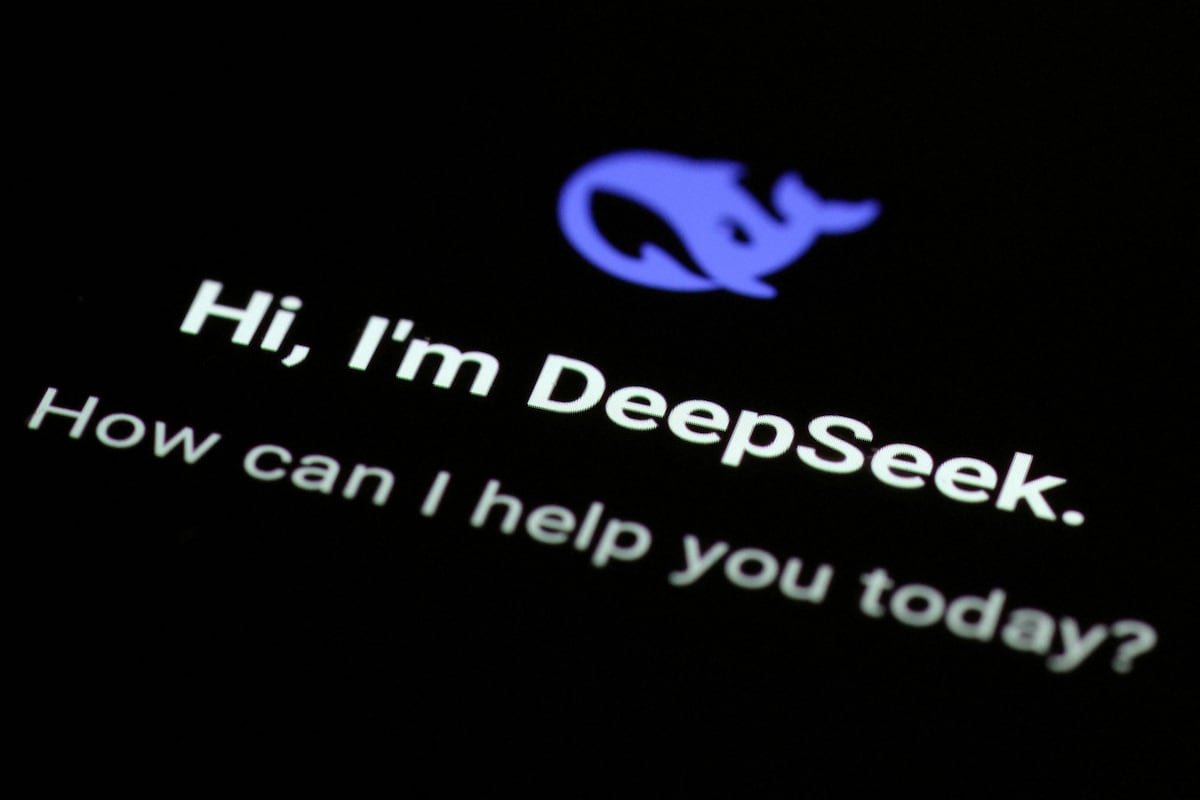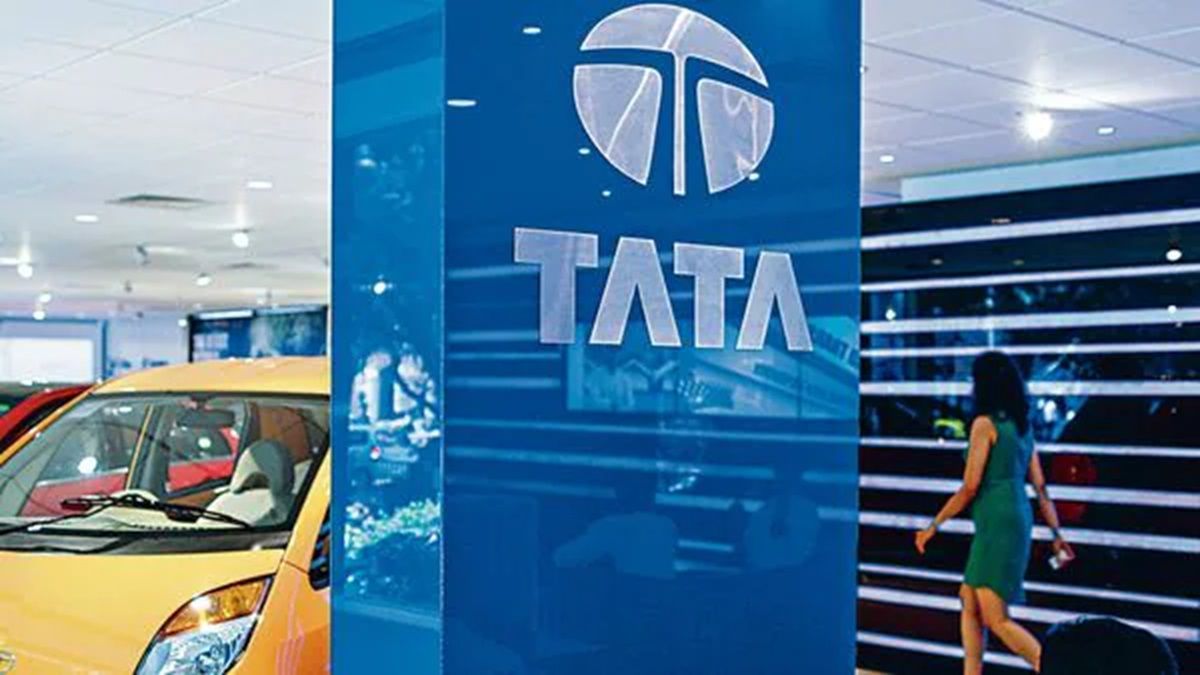In just one week, Depseek, the new Chinese artificial intelligence application (AI), has far exceeded one million downloads (more than half in two days) and is expected to multiply that figure, according to Appbrain from of QR Code Generator. But this technological frenzy has its consequences. Several researchers warn that their use is not harmless, that servers are in a country outside the data protection laws and that, according to Ross Burley, co -founder of the center for information resilience (CIR), “this technology, if not It is controlled, has the potential to feed misinformation campaigns, erode public trust and strengthen authoritarian narratives within our democracies. ”
The emergence of the AI of China, where Deepseek has joined Qwen 2.5, of the Alibaba trade giant (owner of Aliexpress), has an economic component. The adoption of AI will have a worldwide accumulated economic impact of 19.9 billion dollars (17.9 billion euros) until 2030, when this technology will generate 3.5% of the planet’s GDP, according to the report The Global Impact of Artificial Intelligence on The Economy and Jobs (The global impact of artificial intelligence on economics and work) of the IDC analysis firm.
In this sense, Marc Porcar, general director of QR Code Generator, believes China has stir United States and OpenAi [la firma creadora de ChatGPT]”
But to think that it is just an economic movement is naive, according to several researchers. In fact, as he recalls, Deepak Padmanabhan, professor at the Faculty of Computing Sciences of Queen’s University (Belfast), “Deepseek has assured that she has no marketing plans.”
So what does China look for? Harin Sellahewa, a computer professor and Dean of the Faculty of Informatics, Law and Psychology at Buckingham University, explains to Science Media Center (SMC): “The Deepseek privacy policy establishes that they collect information provided by the user, such as the Date of birth (when appropriate), username, email address or telephone number and password. In addition, automatically collected data includes patterns or key pulsation rhythms, which can be used as biometric data to identify people. ”
Sellahewa points out that these data are also collected by other artificial intelligence applications, but clarifies: “What most worries are rights and obligations. Since the information collected by Deepseek is stored on servers located in the People’s Republic of China, it is possible that the personal data of the users are not protected by the laws ”of the Western countries.
Along the same lines, Lukasz PiWek, a professor of data science at the University of Bath, adds to SMC: “The relatively flexible regulatory approach to China for advanced technology [frente a la normativa occidental] It allows rapid innovation, but generates concerns about the privacy of data, the possible improper use and ethical implications, particularly for an open source model such as Deepseek. ”
We should be alarmed. That Chinese AI technology integrates even more in Western society is not only a bad idea, but it is reckless
Ross Burley, co -founder of Sur
“We should be alarmed,” says Ross Burley, co -founder of CIR, an independent organization dedicated to exposing human rights violations and threats to democracy. And he explains: “That China’s technology integrated even more into Western society is not only a bad idea, but is reckless. We have seen again and again how Beijing uses its technological domain as a weapon for surveillance, control and coercion, both in the country and abroad. Either through spyware -loaded devices [programas espías]cybernetic campaigns sponsored by the State or the improper use of AI to suppress the dissent, China’s history demonstrates that its technology is an extension of its geopolitical strategy. This might seem like a benign large language model, but we have already seen that AI is suppressing critical information with the Chinese government. ”
“Allow China to flourish in the West not only runs the risk of undermining privacy or security; It could fundamentally remodel our ways of ways for which we are not prepared. We need safeguards, accountability and a clear understanding that not all technological advances serve the common good, especially when they originate in a regime that prioritizes control over freedom, ”concludes Burley.
They will have profiles and more complete information about us that can end in the US or China. You can exercise control as never in history
Rafael Rodríguez Prieto, Professor of Law Philosophy at Pablo de Olavide University
From the same opinion is Rafael Rodríguez Prieto, Professor of Philosophy of Law at the Pablo de Olavide University of Seville and co -author of Power and Internet. A critical analysis of the network (Chair). The professor warns about the control over citizenship thanks to the data that collected artificial intelligence, without distinction of its origin: “They will have profiles and more complete information about us that can end in the US or China. You can exercise control as never in history. What happened on Monday 27 in the bags transcends the pages of economy to be one of the most prominent geopolitical facts of our time. ”
Rodríguez Prieto points out that Depseek has been configured with open source programming (Open Source)which allows greater transparency, effectiveness in the detection of failures and greater agility in improvements. But he warns: “This model is not exempt from risks. With the code closed, companies exercise complete control and avoid possible damage, while benefiting from stable financing, such as US companies. ”
But the greatest damage falls mainly on users, those who have launched to frantically discharge the new application in the search for a quick and cheap solution. This is supported by the professor of the Sevillian University: “The common good or citizen interest has been ruined by the hegemony of a capitalist perspective, globally shared from the West to the East, which introduces any challenge within the coordinates of instrumental rationality and converts Human needs in a commercial product that must be profitable. The enormous amount of surplus value extracted from our data and free work is the engine of this change. And AI is no exception. ”
It is a warning that adds to that of Cecilia Danesi, co -director of the Master in Ethical governance of AI (UPSA) and author of Consumer rights at the crossroads of artificial intelligence (Dykinson, 2024). The researcher, member of Women for Ethical in AI of UNESCO and co -author of the report presented at the G20 Brazil on algorithmic audits, alert to consumer unreason Civil Liability of AI: “Consumers are extremely exposed to the damage they can cause. If we don’t have clear rules of how to proceed with those damages, people are unprotected. ”
Not all are negative warnings about the new AI and its impact. For Professor Luo Mai, from the University of Edinburgh, Deepseek “gives researchers and students around the world opportunities to explore new research paths in AI, particularly in environments with less computer resources.”











